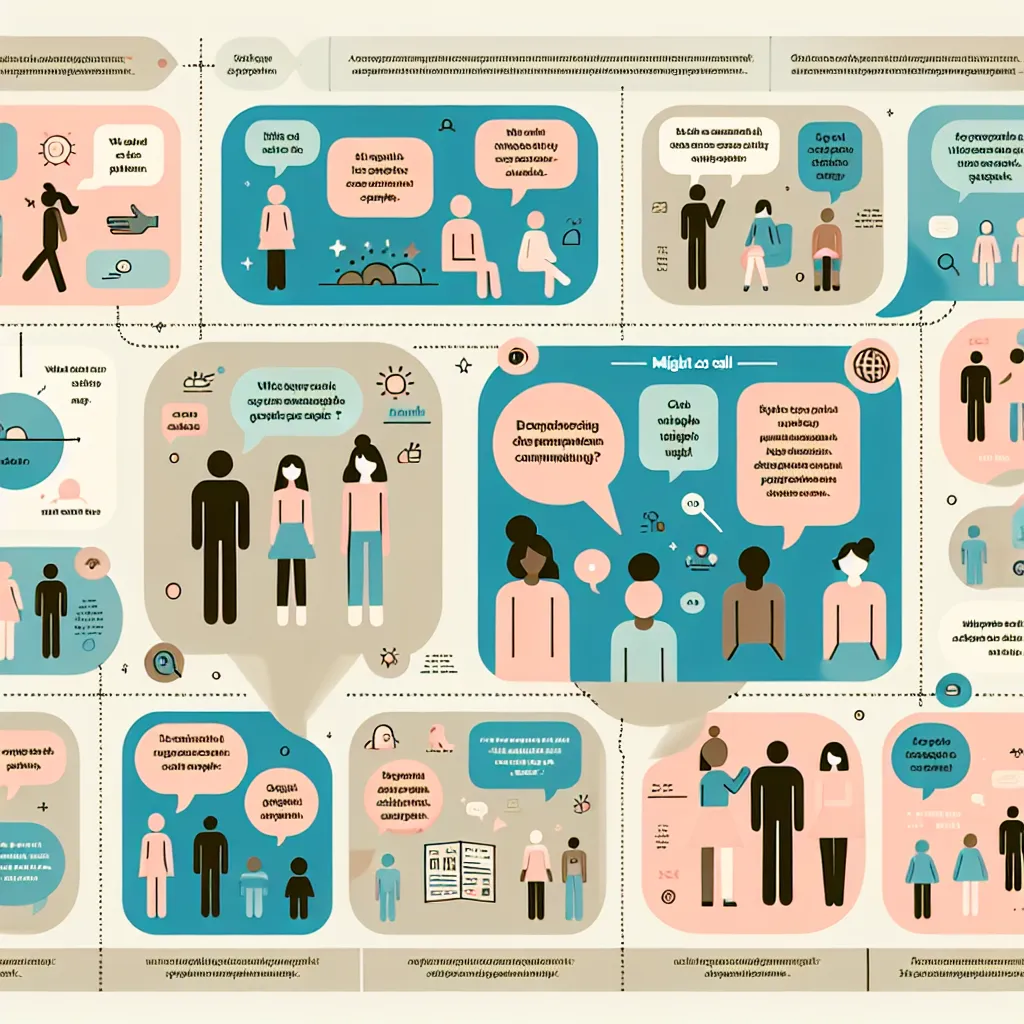The phrase “might as well” is a common idiomatic expression in English that can add nuance and sophistication to your language use in the IELTS exam. Understanding its proper usage and incorporating it into your responses can significantly enhance your performance across all sections of the test. Let’s delve into the intricacies of this phrase and explore how you can leverage it to boost your IELTS score.
Understanding “Might as Well”
The expression “might as well” is used to suggest that one course of action is equivalently desirable (or undesirable) as another, often implying a sense of resignation or acceptance. It’s frequently employed when making decisions or expressing indifference between options.
Examples in IELTS context:
- “Since I’ve already studied for two hours, I might as well continue until midnight.”
- “The bus is delayed, so we might as well walk to the venue.”
- “If you’re going to criticize my essay, you might as well offer some constructive feedback.”
In these sentences, the speaker uses “might as well” to indicate that given the circumstances, the suggested action seems reasonable or inevitable.

Grammar and Structure: Mastering “Might as Well”
Formula:
Subject + might as well + base form of verb
It’s crucial to remember that “might as well” is always followed by the base form of the verb, not the infinitive or gerund.
Examples:
- Correct: “We might as well start the project now.”
- Incorrect: “We might as well to start the project now.”
- Incorrect: “We might as well starting the project now.”
Application in IELTS Writing
In IELTS Writing Task 2, using “might as well” can demonstrate a nuanced understanding of language and help you express complex ideas more effectively.
Example paragraph:
“Many argue that traditional bookstores are becoming obsolete due to online retailers. While it’s true that e-commerce offers convenience, we might as well consider the cultural significance of physical bookshops. These spaces provide a tangible browsing experience and often serve as community hubs, aspects that online platforms cannot replicate.”
Analysis: Here, “might as well” is used to introduce an additional point of consideration, showing the ability to explore multiple facets of an argument.
Enhancing IELTS Speaking Responses
Incorporating “might as well” in your speaking responses can showcase your ability to use idiomatic expressions naturally.
IELTS Speaking Part 2 example (Describing a difficult decision you made):
“I was torn between studying abroad or staying in my home country for university. After months of deliberation, I thought I might as well take the leap and study abroad. It was a challenging decision, but I realized that the opportunity for personal growth and cultural exposure was too valuable to pass up.”
Advanced Usage for Higher Band Scores
To aim for higher band scores (7+), consider using “might as well” in more complex structures:
-
With perfect infinitives:
“I might as well have studied harder for the exam, given how difficult it was.” -
In conditional sentences:
“If the conference is cancelled, we might as well use the time to work on our research paper.” -
With modals for added nuance:
“You might as well should consider applying for that scholarship; you meet all the criteria.” -
In passive constructions:
“The old building might as well be demolished, considering its poor condition.” -
With idiomatic extensions:
“We might as well make the best of a bad situation and turn this project failure into a learning experience.”
Common Mistakes to Avoid
-
Using “to” after “might as well”:
Incorrect: “We might as well to go home.”
Correct: “We might as well go home.” -
Following with -ing form:
Incorrect: “I might as well studying now.”
Correct: “I might as well study now.” -
Misinterpreting the meaning:
Be careful not to use “might as well” to express enthusiasm or strong preference. It typically conveys a sense of indifference or resignation. -
Overuse:
While it’s a useful phrase, overusing “might as well” can make your speech or writing sound repetitive. Use it judiciously and vary your language. -
Incorrect word order:
Incorrect: “As well might we try this restaurant.”
Correct: “We might as well try this restaurant.”
Conclusion
Mastering the use of “might as well” can significantly enhance your IELTS performance by demonstrating a nuanced command of English idiomatic expressions. Remember to use it to express indifference or resignation between choices, always followed by the base form of the verb. Practice incorporating this phrase into your writing and speaking to achieve a more natural and sophisticated level of English. As you prepare for your IELTS exam, you might as well take every opportunity to refine your language skills and boost your confidence in using such expressions effectively.